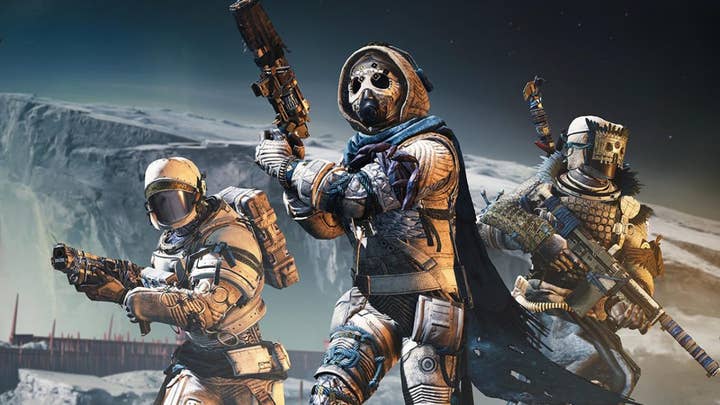Bungie: Working on Destiny 2 "starting to wear people down”
Working practices for Annual Pass will be changed in third year to break out of "unsustainable development cycle"
Bungie is going to address its working processes in the third year of Destiny 2, after admitting that working on the game "was starting to wear people down."
In a post on the official website, Bungie's Luke Smith addressed a number of issues affecting the development of Destiny 2, but the experience of its team was first on the list.
"The scope of what we delivered, the pace that we delivered it, and the overall throughput for Annual Pass takes a toll on the Bungie team," Smith admitted, referring to the package Bungie sold for access to its second year of premium content.
"I -- and many others -- had conversations throughout the year with team members -- who had jumped from release to release -- about the grind of working on Destiny. Working on the game was starting to wear people down."
"I had conversations throughout the year with team members about the grind of working on Destiny"
Luke Smith
Smith offered the example of "new, bespoke ways to earn rewards" that were introduced to the game in each of three seasons across the year. These three mechanics were valuable to Destiny 2, he said, "but also put the team into an unsustainable development cycle."
Smith added: "We needed to develop a more systemic, standardized set of mechanics for progression to keep our teams healthier. We're going to take this problem on in [Destiny 2's third year]."
There has already been a sign that Bungie was assessing its working practices, when the company announced it would delay a much demanded patch to preserve "work-life balance" in June.
Much of the pressure on the team is rooted in the reality of operating a live game, with a community always hungry for more content, and always quick to point out problems in need of a fix. That pressure is unlikely to ease, as Bungie introduces a free-to-play version of Destiny 2 as its new "baseline" experience in September alomgside a new premium expansion, Shadowkeep.
In his post, Smith also addressed the importance of microtransactions to Destiny 2, which is only likely to increase when it is no longer selling the base game.
"I'm not going to say '[microtransactions] funds the studio' or 'pays for projects like Shadowkeep' -- it doesn't wholly fund either of those things," he said. "But it does help fund ongoing development of Destiny 2, and allows us to fund creative efforts we otherwise couldn't afford."

